Recorder - Level 3 - Digital Download
SKU: A0.746696
Composed by Lew Pollack. Arranged by Keith Terrett. Folk,Jazz. 26 pages. Keith Terrett #2856969. Published by Keith Terrett (A0.746696).
An arrangement of ’’That’s a Plenty’’ for Recorder Quintet.
"That’s a Plenty" is a 1914 ragtime piano piece composed by Lew Pollack. Lyrics by Ray Gilbert (born 1912) were added decades later. A number of popular vocal versions have been recorded, but the tune remains more performed as an instrumental.
The composition started out as a rag, but is nowadays played as a part of the Dixieland jazz repertoire. The song has been recorded by numerous artists, and it is considered a jazz standard. The first recording was in 1917 by Prince’s Band, and the New Orleans Rhythm Kings recorded their rendition in 1923. Television comedian Jackie Gleason used it in his shows in the 1950s and 1960s.
Among the hundreds of later recordings of this standard, particularly notable versions include:
Freddy Martin and His Orchestra recorded a version of "That’s A Plenty" in 1950. Sheet music from the 1950 version featuring Freddy Martin on the cover has the lyrics printed inside.
It was recorded by Albert Nicholas, clarinet, with The Big Chief Jazz Band in Oslo on August 29, 1955. Released on the 78 rpm record Philips P 53038.
The Pollack and Gilbert song is not to be confused with a 1909 song of the same name by Henry Creamer and Bert Williams.
Lew Pollack (June 16, 1895 – January 18, 1946) was a song composer active during the 1920s and the 1930s.
Pollack was born in New York. Among his best-known songs are "Charmaine" and "Diane" with Ernö Rapée, "Miss Annabelle Lee", "Two Cigarettes in the Dark", "At the Codfish Ball" (featured in the Shirley Temple movie "Captain January" with Buddy Ebsen, and later the title of a Mad Men television episode), and Go In and Out The Window, now a children’s music standard. He also collaborated with Paul Francis Webster, Sidney Clare, Ned Washington and Jack Yellen, amongst others. In 1914 he wrote "That’s a Plenty", a rag that became an enduring Dixieland standard. He died in Hollywood.
Lew Pollack was elected to the Songwriters Hall of Fame in 1970.
For more of my original music, great arrangements and all the national anthems of the world, check out my on-line stores:
Need an anthem fast? They are ALL in my store!
All my anthem arrangements are also available for Orchestra, Recorders, Saxophones, Wind, Brass and Flexible band. If you need an anthem urgently for an instrumentation not in my store, let me know via e-mail, and I will arrange it for you FOC if possible! keithterrett@gmail.com
If you perform this arrangement in public, make a recording or broadcast it through any media, please notify the PRS (UK), or ASCAP
(USA), or SOCAN (Canada), or APRA (Australia) or KODA (Denmark) or the equivalent organisation in your own country, giving the name of the arranger as Keith Terrett.
About Digital Downloads
Digital Downloads are downloadable sheet music files that can be viewed directly on your computer, tablet or mobile device. Once you download your digital sheet music, you can view and print it at home, school, or anywhere you want to make music, and you don’t have to be connected to the internet. Just purchase, download and play!
PLEASE NOTE: Your Digital Download will have a watermark at the bottom of each page that will include your name, purchase date and number of copies purchased. You are only authorized to print the number of copies that you have purchased. You may not digitally distribute or print more copies than purchased for use (i.e., you may not print or digitally distribute individual copies to friends or students).
 Instant Download
Instant Download
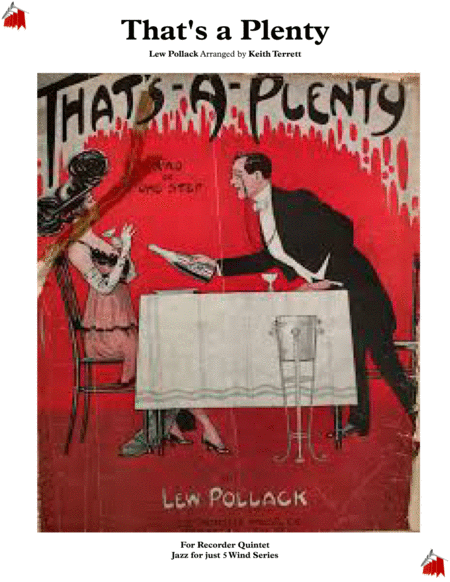
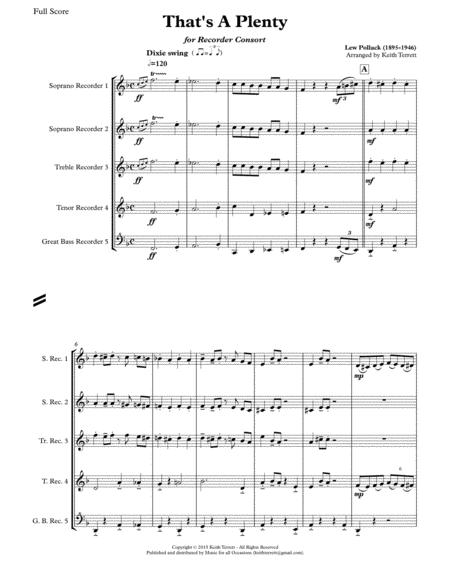
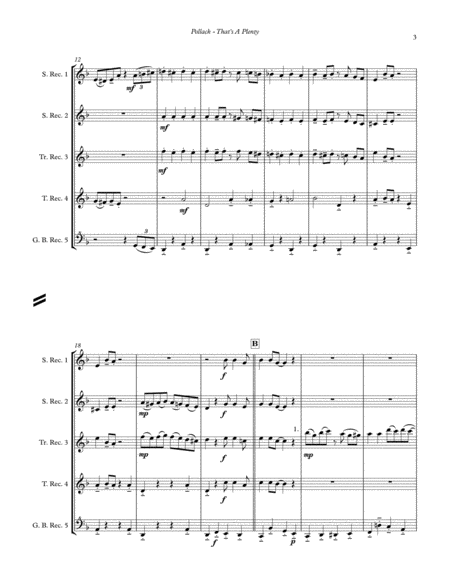
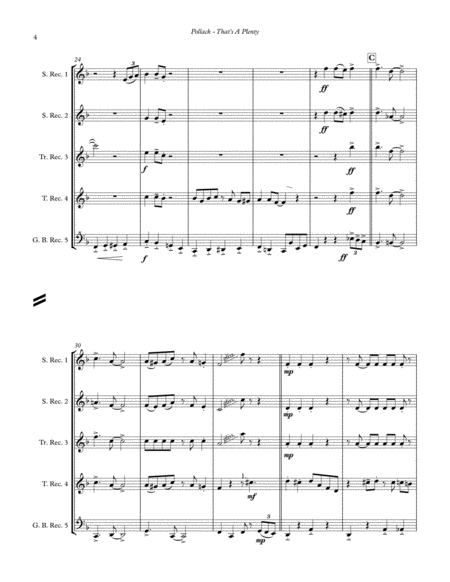
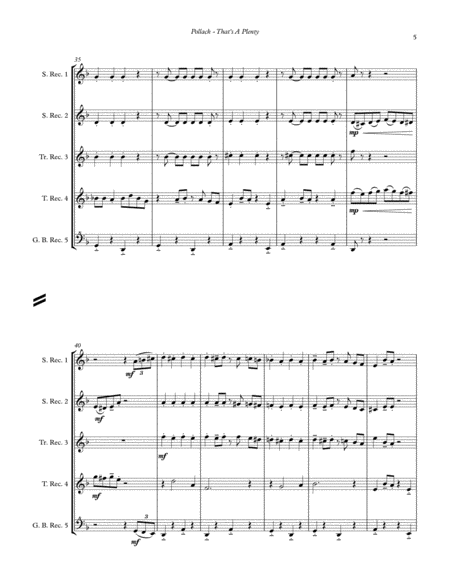
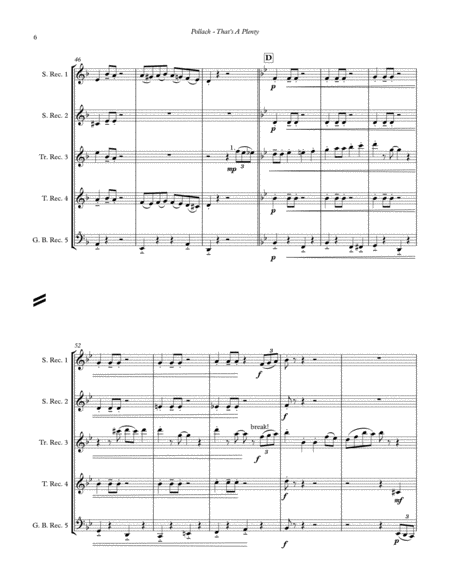
 Share
Share